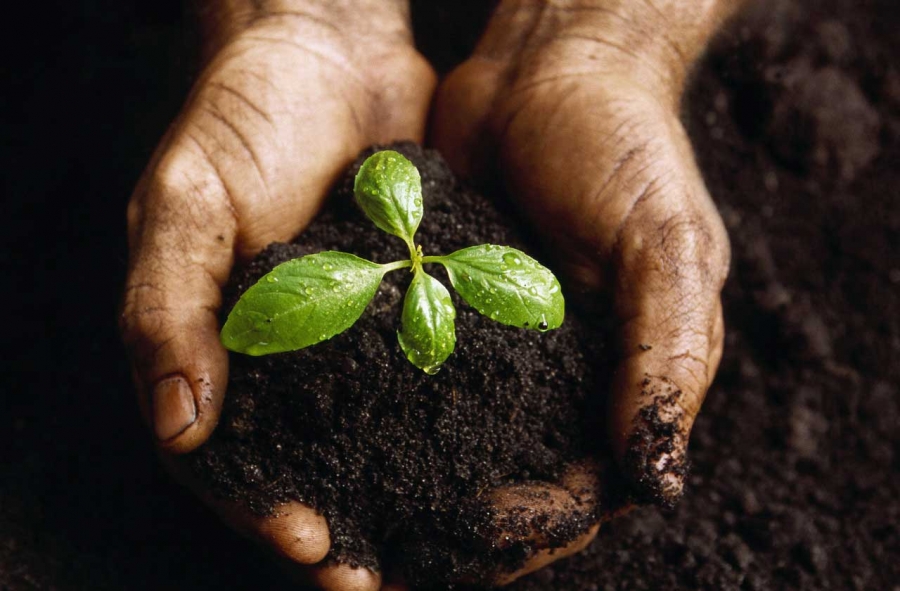
Current agricultural production is the main polluter of water, soil and air pollution due to unwise practices, such as unrestrained use of certain chemicals. The Quinta das Escomoeiras has completed in 2015 the certification process for organic farming in all of its production. Working under the premise that within nature, nothing is really created, merely transformed, we use and care for all of the resources that the estate has provided us with.
In organic agriculture only those practices which do not negatively affect the environment are used. Neither pesticides nor herbicides are used and the fertilizers used are naturally coming from composting organic materials. Other growing practices are essential, such as maintaining a variety of plant species, choosing plants fit for regional conditions, as well as rotating crops and mixed cropping. What is important is the health of the soil, which is considered fundamental for plants, while living creatures are crucial for aiding in the fight against pests and diseases. Last but not least, organic farming melds in with sustainable development as it takes account life both in future and present generations in our home called the Earth.
In the organic garden of Quinta das Escomoeiras, we grow our own vegetables, taking into account the seasons, which permits ensuring wide variety in those living beings that are true helpers of mankind in the prevention of plagues and illnesses that would normally kill gardens and orchards.
Composting
Composting is a process performed by microorganisms that break organic matter down, turning it into a high-quality natural fertilizer—compost. This natural fertilizer gives the soil the nutrients that plants need to live. We put green matter, sticks and twigs from pruning and farm animal waste into the composter to get nutrient-rich fertilizer.
